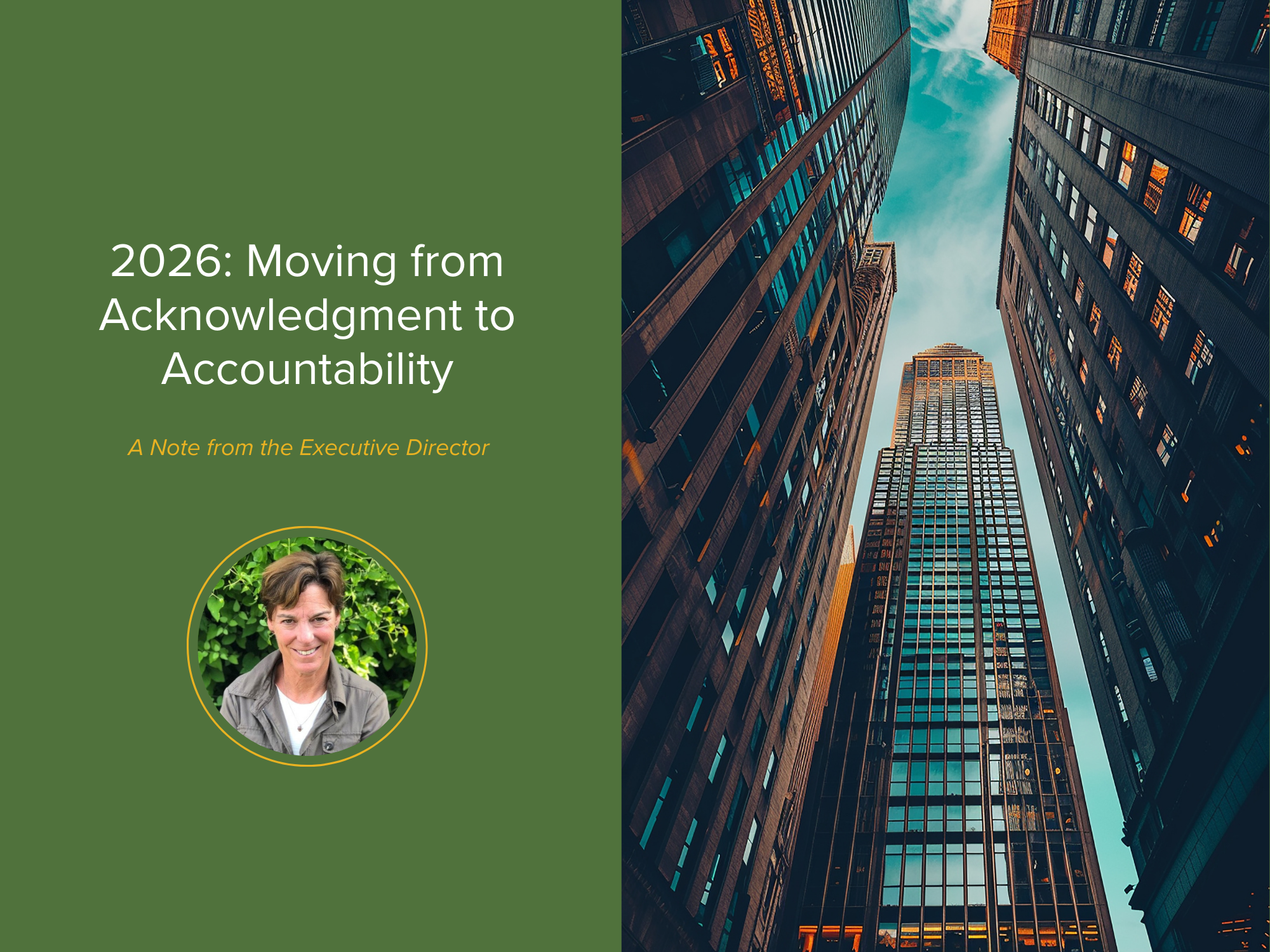Educate. Collaborate. Build.
We equip stakeholders and decision-makers with the knowledge and resources to activate public capital to build a just, inclusive, and climate-resilient economy.
Public pension capital shapes our future. Who gets to shape how it’s used matters.
Climate Finance Action supports trustees, workers, and stakeholders navigating complex financial systems to strengthen governance, manage climate risk, and use publicly held capital in ways that protect long-term retirement security, the communities those funds serve, and the planet.
Public pension stakeholders are increasingly asked to navigate highly technical financial systems while responding to real-world impacts: infrastructure strain, market volatility, rising insurance costs, and community disruption. The gap between long-term obligations and short-term tools creates risk for portfolios and for the people and places those funds exist to serve.
Climate Finance Action exists to help close that gap.
WHO THIS WORK IS FOR
Our work supports trustees navigating fiduciary duty with rapidly changing risks, public sector workers and beneficiaries seeking a meaningful voice in how their retirement capital is governed, fund staff integrating climate risk into investment processes, and funders committed to a just transition and long-term economic resilience.
Through research and analysis, education and capacity-building, and policy strategy support, we help stakeholders identify governance levers, strengthen institutional capacity, and move from acknowledgment of risk to effective action. Whether you are making decisions, influencing them, or living with their consequences, this work is about strengthening the systems that shape outcomes.
WHY THIS MATTERS NOW
Climate risk is no longer theoretical for public pensions. It shows up in asset performance, infrastructure durability, and the long-term stability of local economies.
When governance is weak or climate considerations remain siloed, funds are exposed to unnecessary risk. When stakeholders lack access to information or pathways to engage, decision-making narrows. Strengthening governance, integrating climate risk, and supporting informed participation are fiduciary necessities.
This work helps ensure that long-term capital is guided by long-term thinking.
Our work is shaped by ongoing collaboration with those inside pension systems.
Climate Finance Action has worked across multiple states and pension systems, supporting trustees, workers, and partners with research, tools, and engagement strategies that are actively used in real decision-making contexts.

-
CFA is one of the best resources for beneficiaries to start understanding how their public pension system works. CFA's guides and worksheets are invaluable in breaking through the jargon, in helping people see their fund's structure, and in learning how they can begin to influence their fund.
Jay O'Neal, Sunrise Project
-
CFA’s workshops reminded our members that we’re not bystanders.... we’re owners. Our voices can push pension funds to confront climate risk and invest in real climate solutions that protect workers’ futures.
Mullissa Willette, SEIU 521 President
Understand the system. Identify the leverage. Act with purpose.
Explore guides, white papers, and educational tools designed to help stakeholders understand governance structures, identify leverage points, and engage effectively in public pension decision-making.
Stronger governance starts with understanding the system. If you’re navigating climate risk, fiduciary responsibility, or public pension governance, our resources and workshops are designed to support clearer thinking and better long-term outcomes.
IF THIS WORK MATTERS TO YOU
Climate Finance Action is a nonprofit with a clear, ambitious vision: a thriving planet and inclusive economy where every financial decision considers climate change. We bring deep expertise and are trusted by unions, trustees, and state public financial leaders. As demand for our tools, workshops, and research grows, so does the need for sustained support.
This work depends on shared investment from foundations, partners, and individuals who believe long-term capital should serve the long-term public good. If this work resonates with you, we invite you to support it.
A Message from Our Executive Director: CFA’s Vision for 2026
The conversation around climate finance has shifted. Markets now recognize climate risk as financial risk, and the question before public finance is no longer whether to act, but how quickly and equitably trillions of dollars held in public trust can be put to work.
In her 2026 letter, CFA’s Executive Director reflects on a pivotal year of growing engagement with state financial officers, pension trustees, and union leaders, and outlines the priorities that will guide Climate Finance Action in the year ahead. From advancing climate-competent fiduciary governance, to strengthening beneficiary voice, to scaling a just transition anchored in union jobs and community resilience, the letter sets a clear direction for where CFA is focused and why this moment matters.
This is a candid look at the road ahead, the remaining gaps in climate finance, and what it will take to move from isolated progress to systemic change.













